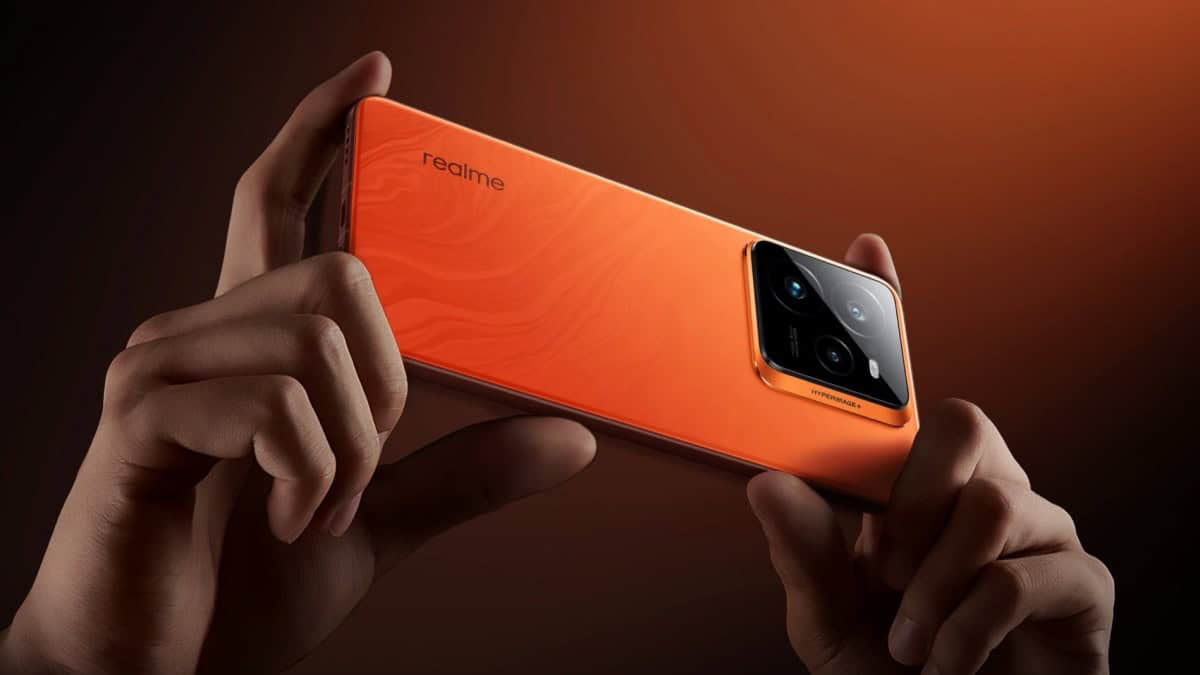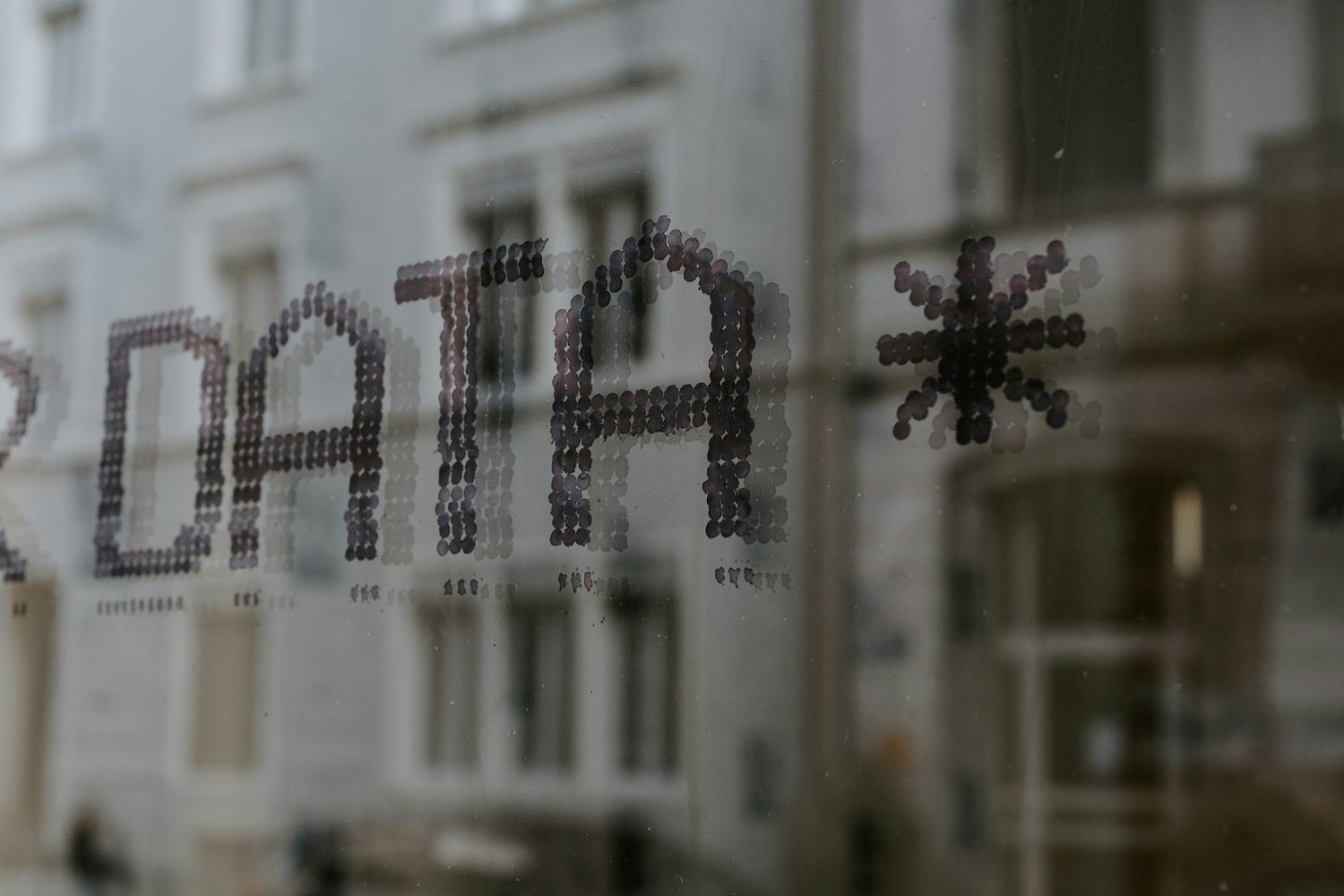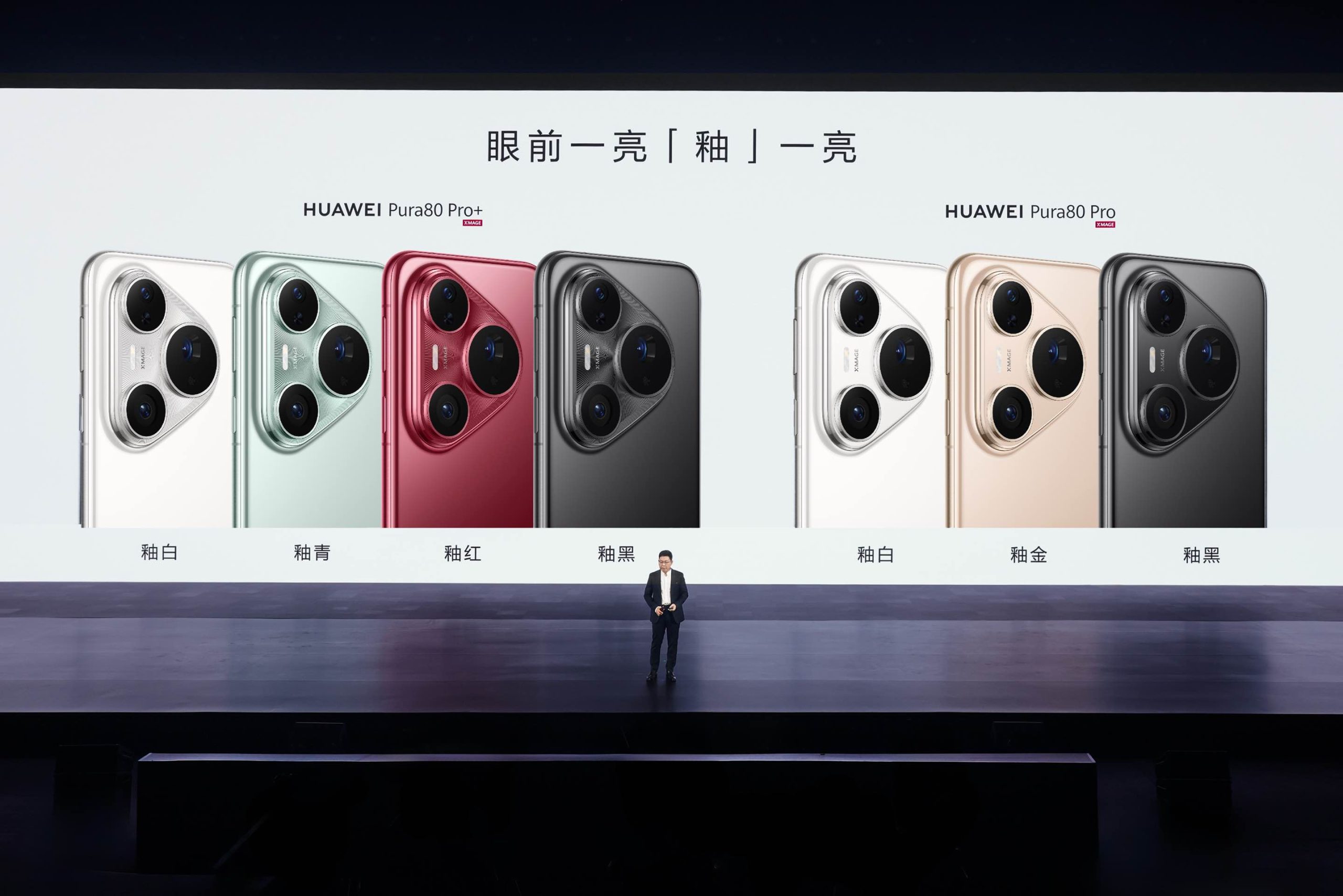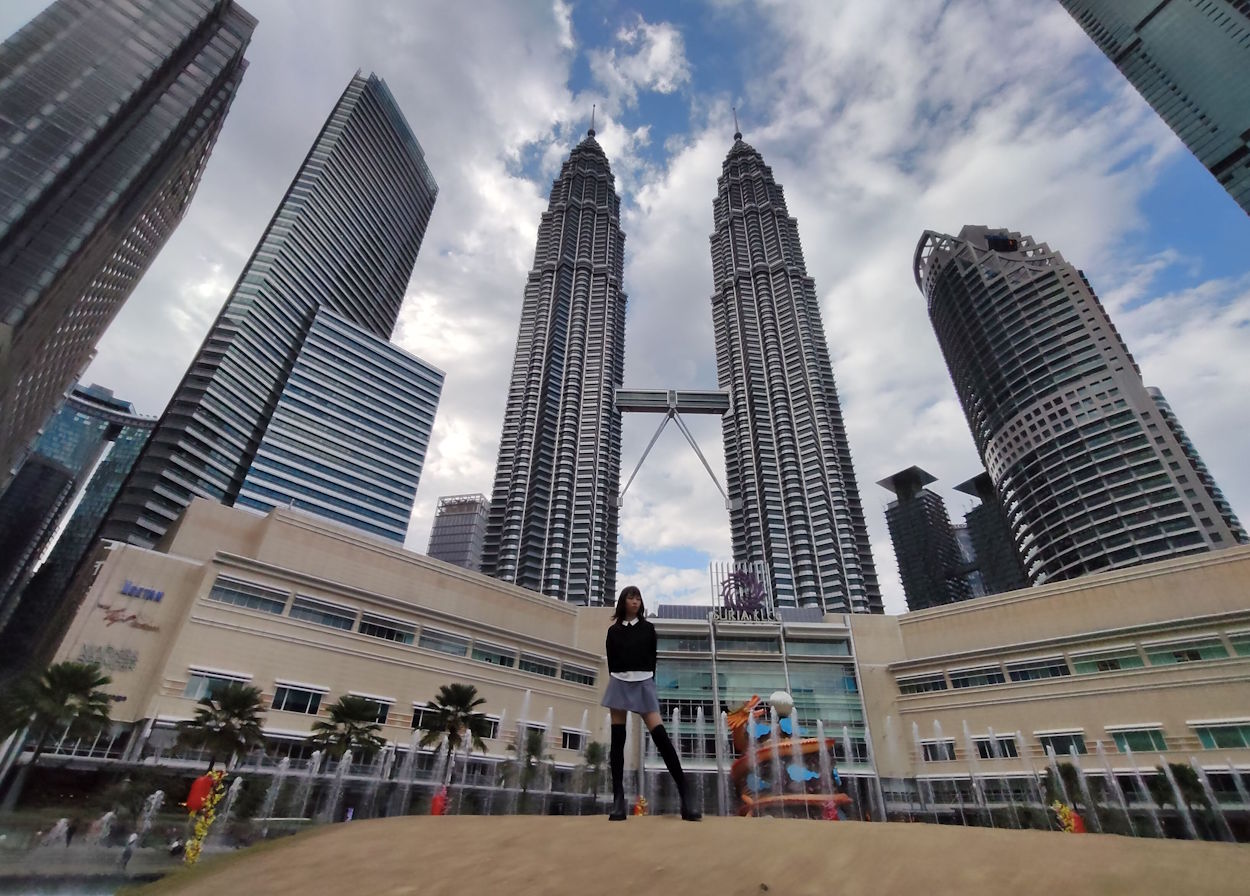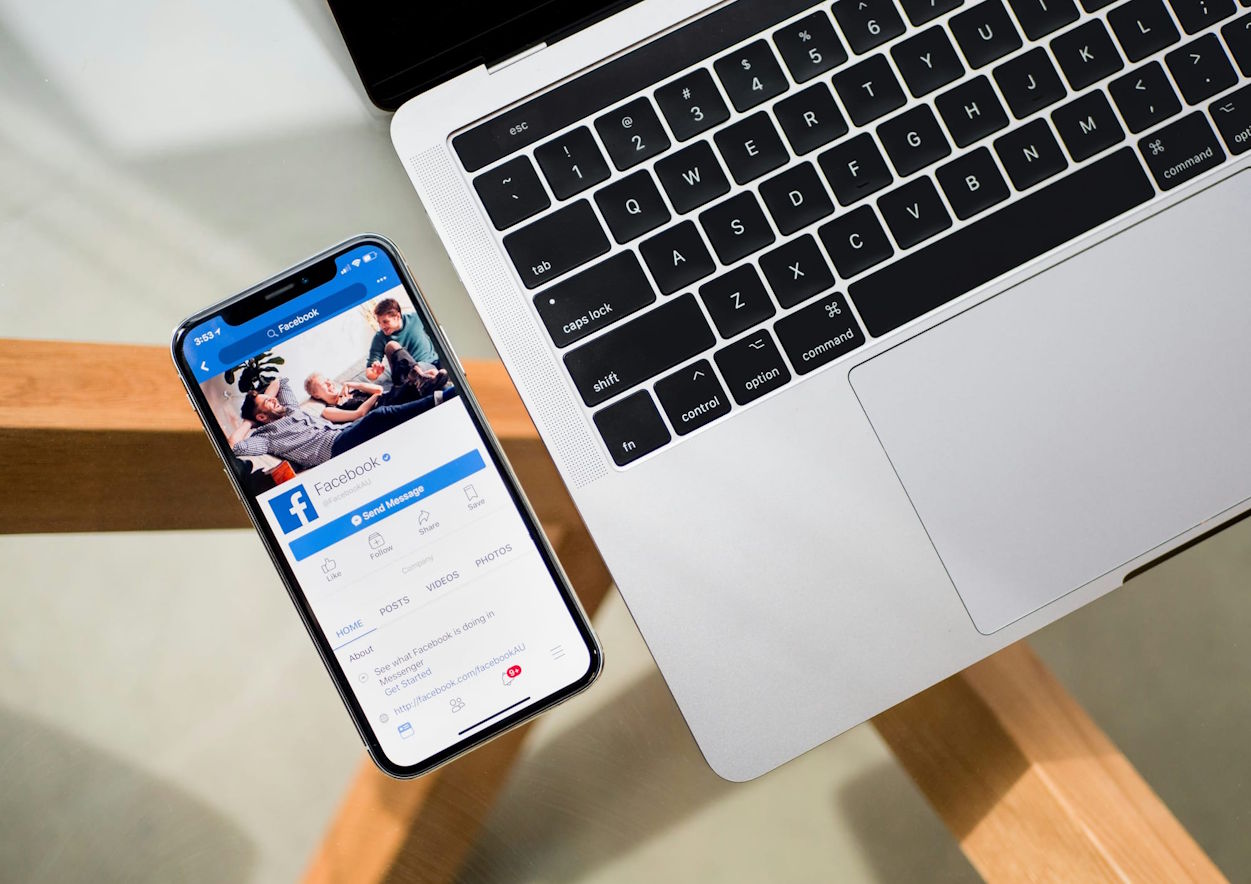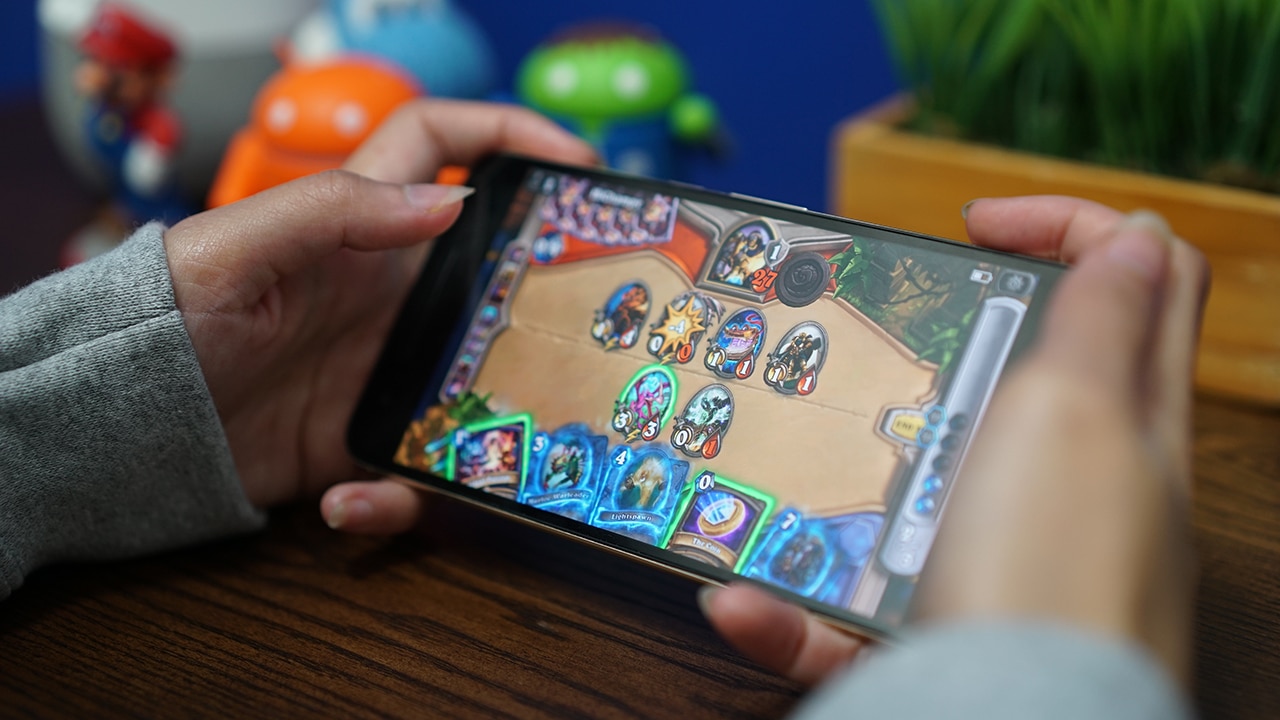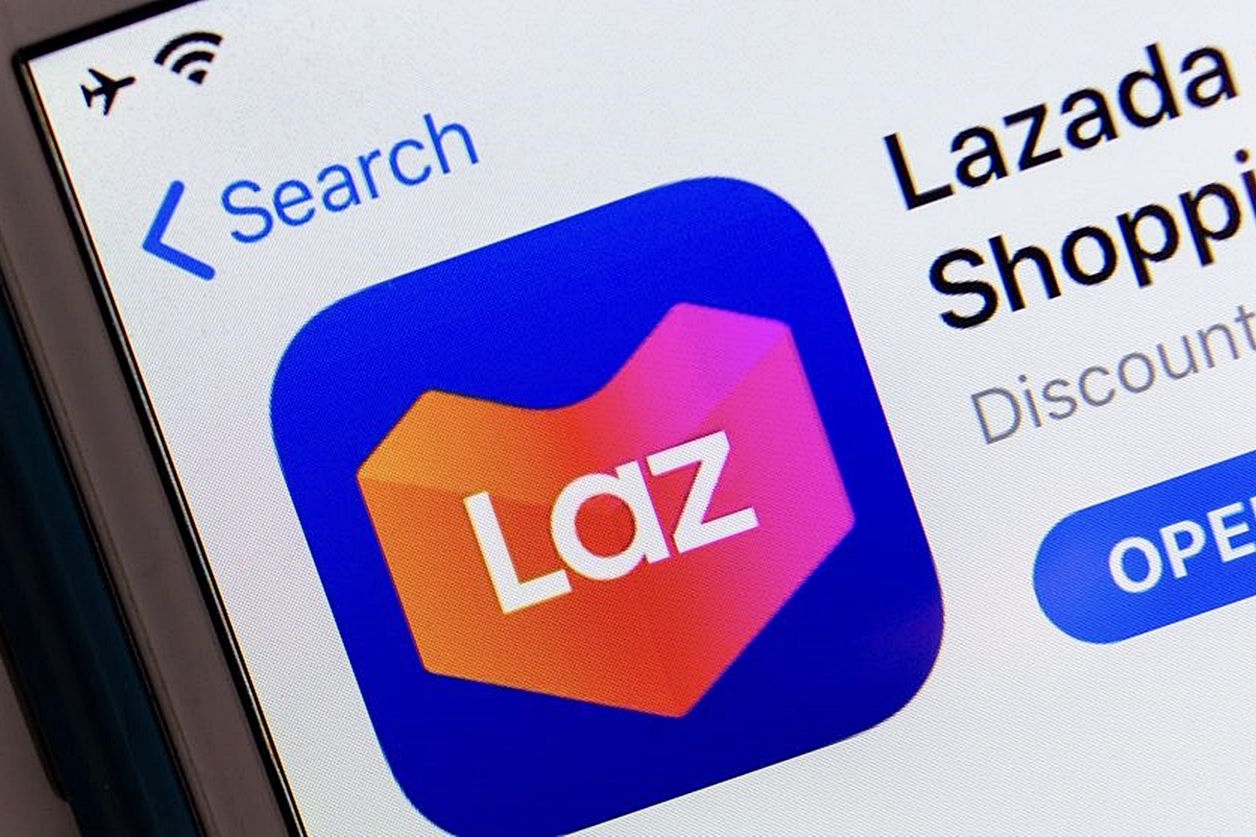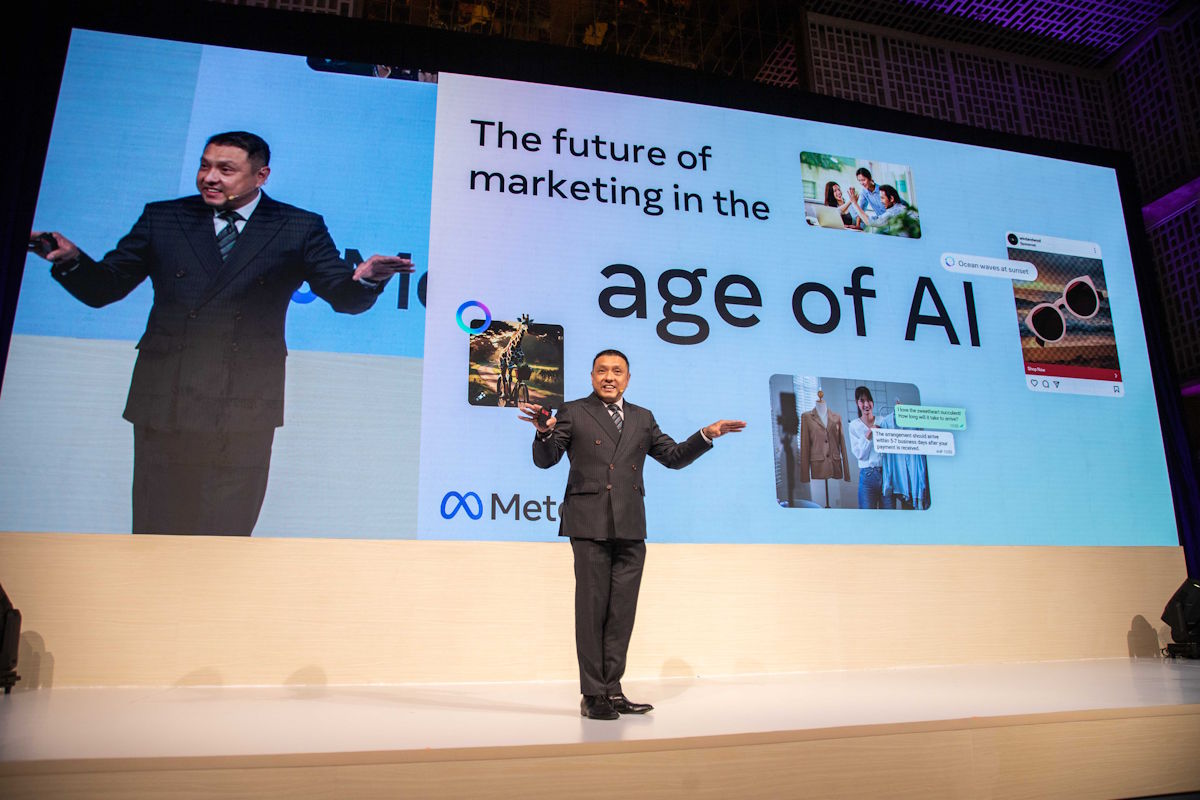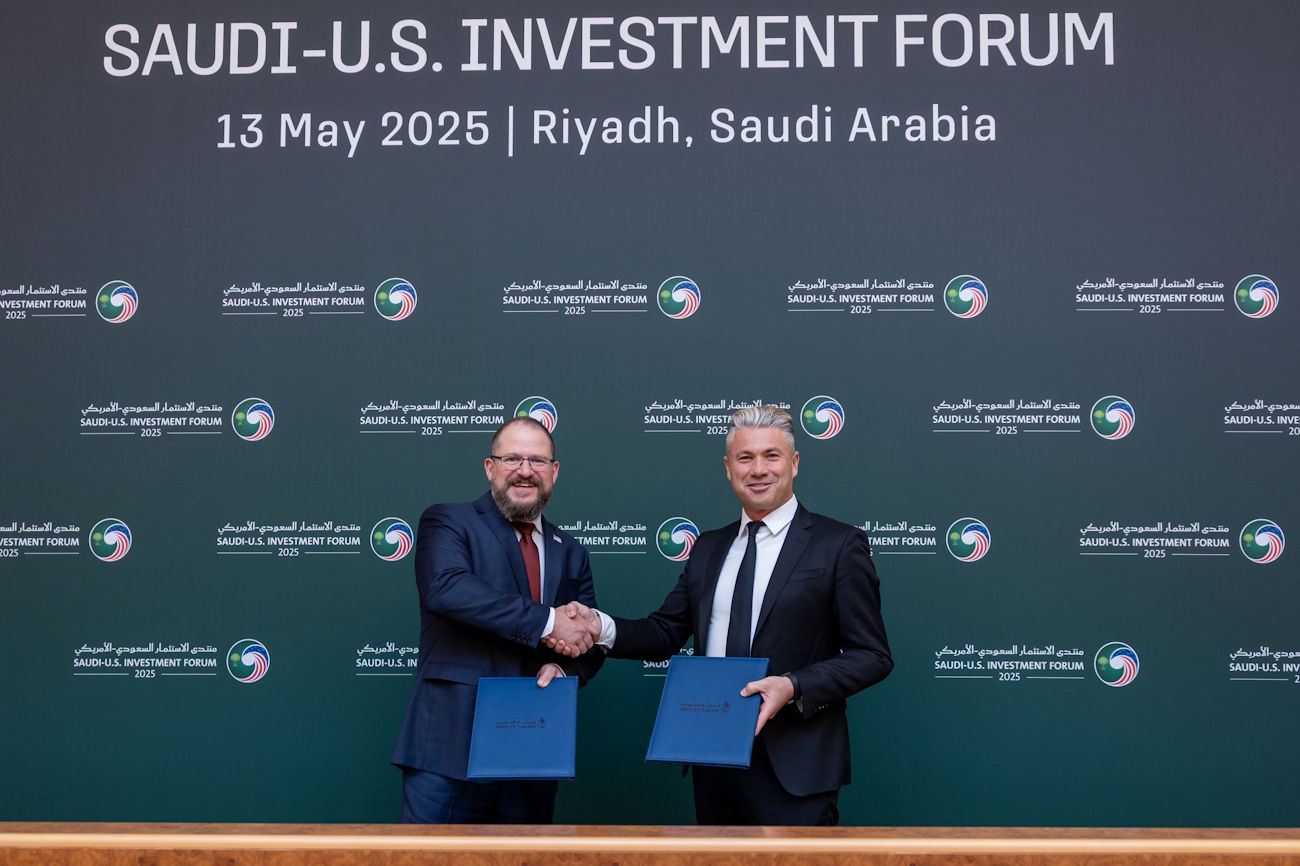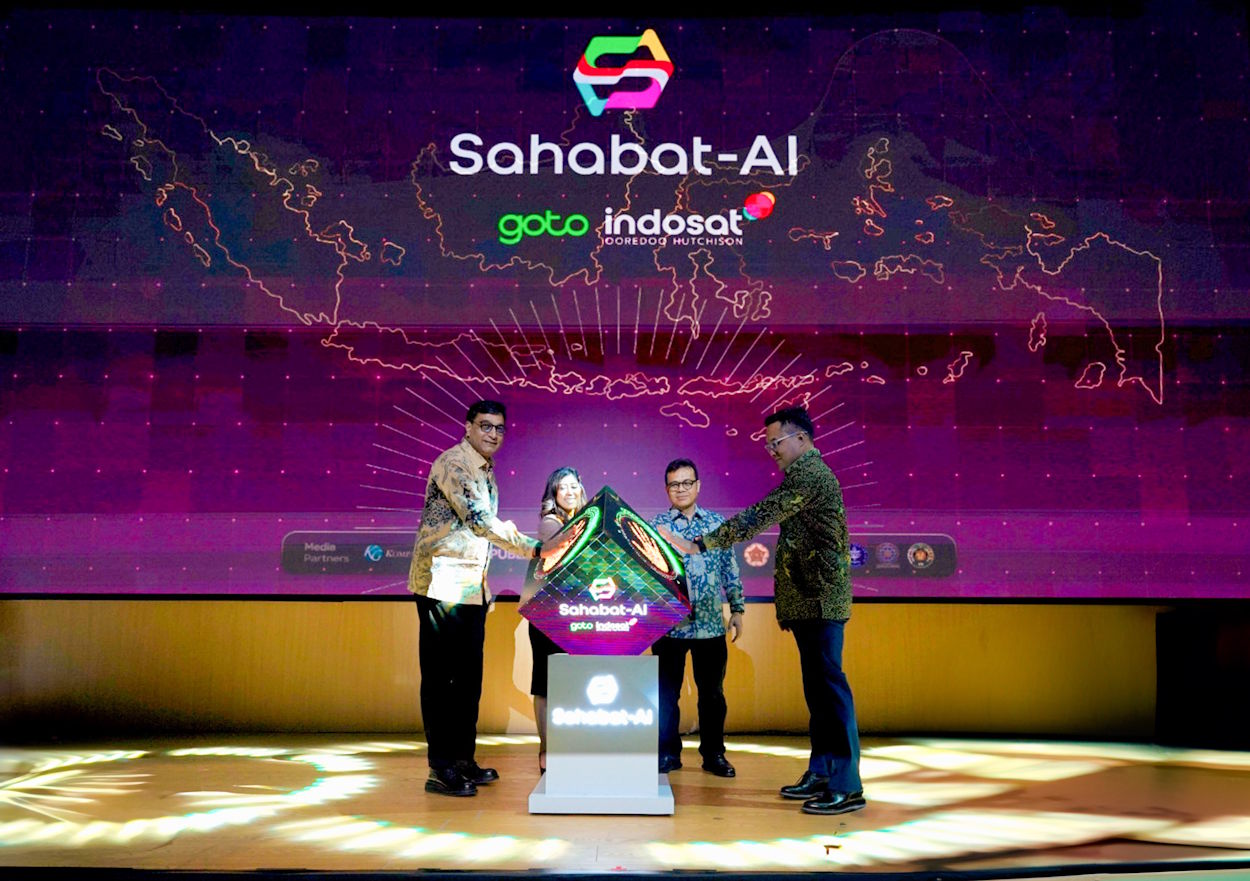
GoTo and Indosat expand Indonesia’s Sahabat-AI frontier with a powerful, locally trained LLM that speaks five local languages and supports the nation’s digital independence
In a milestone for Indonesia’s AI and tech development, GoTo Group and Indosat Ooredoo Hutchison (IOH) have jointly unveiled the Sahabat-AI, a large language model (LLM) with 70 billion parameters and built-in multilingual capabilities. The launch also includes a public-facing AI chat service accessible via sahabat-ai.com and the GoPay app, aimed at serving users across sectors with enhanced reasoning and natural language understanding.
“This is more than a tech upgrade—it’s a strategic enabler for our digital economy,” said Patrick Walujo, CEO of GoTo Group. “By offering a smarter, multilingual AI model trained and hosted locally, Sahabat-AI helps us meet the needs of Indonesia’s diverse communities while protecting our digital sovereignty.”
Read more: Grab + GoTo: Can a Southeast Asian Tech Merger Create a Superpower—or Just a Super Mess?
A National Model, Built by Indonesians for Indonesians
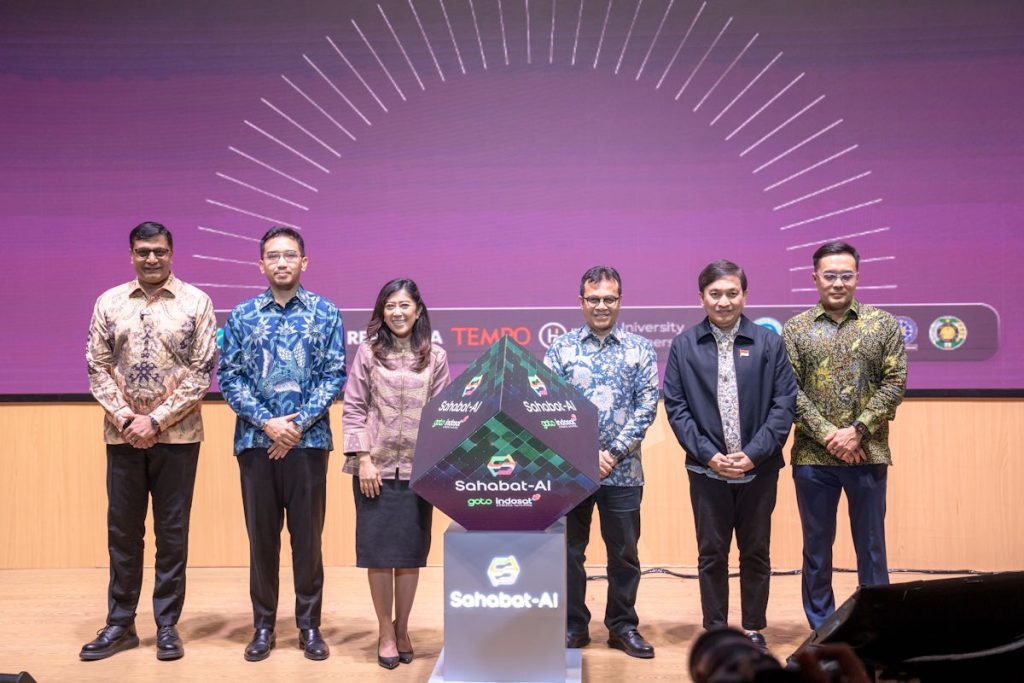
The upgraded Sahabat-AI 70B model can understand and generate content in Bahasa Indonesia, Javanese, Sundanese, Balinese, and Bataknese—making it the most culturally inclusive LLM developed within the country. In addition to these five local languages, it also supports multiple international languages, positioning it as both a regional and global innovation.
Powered by Indosat’s sovereign cloud infrastructure “GPU Merdeka,” the model was developed in collaboration with Indonesian universities, research institutions, and media groups. Partners include University of Indonesia, Gadjah Mada University, ITB, IPB University, University of Udayana, and University of North Sumatra, alongside Kompas Group, Republika, Tempo, and Hukumonline. This collaborative effort aims to ensure that the model reflects Indonesia’s cultural, linguistic, and societal context.
Vikram Sinha, President Director and CEO of Indosat Ooredoo Hutchison, emphasized the broader mission: “We’re not just building an AI model—we’re creating a national digital asset. Through GPU Merdeka, we ensure the infrastructure is not only high-performing but also compliant with local data regulations and ethically aligned with national values.”
Digital Sovereignty as a Strategic Imperative
Indonesia’s push for digital independence is being realized through initiatives like Sahabat-AI, which runs entirely on domestic infrastructure. All data used in model training and inference is stored within Indonesian borders or on private servers, a move seen as critical for enabling AI adoption in the public sector, finance, healthcare, and education—without compromising national data control.
Luhut Binsar Pandjaitan, Chairman of the National Economic Council, praised the effort: “Data sovereignty isn’t just about technology. It’s about protecting our national identity and independence in the digital age. With Sahabat-AI, we are turning local innovation into a tool for inclusive, transformative digital development.”
Bridging the AI Talent Gap with Hands-On Experience
What sets Sahabat-AI apart from other LLM projects is its focus on talent development. GoTo and Indosat have created a structured internship program allowing university students to work directly on AI model development—from data preprocessing and architecture tuning to model evaluation.
One intern, Komang Ayu from University of Udayana, reflected: “This internship gave me firsthand exposure to how large-scale AI systems are developed. I worked with real datasets and learned practical skills that go far beyond what we learn in lectures.”
This approach reflects Indonesia’s “gotong royong” (mutual cooperation) philosophy—developing not just tech, but the people who will drive its future.
From Experimentation to Ecosystem
The Sahabat-AI model is open-sourced and available on Hugging Face, where its earlier versions (8B and 9B) have already been downloaded over 35,000 times. The 70B model is designed to be efficient—it runs on just two H100 GPUs, compared to other LLMs that may require 16 or more. This makes it more accessible for academic institutions, startups, and government bodies to integrate AI into their platforms.
By embedding Sahabat-AI chat into the GoPay app, GoTo ensures mass accessibility, especially for Indonesia’s large base of mobile-first users. The move also supports internal efficiencies, as GoTo reports that Sahabat-AI is already helping reduce customer service costs, improve engagement, and deliver localized AI applications.
Why This Matters Now
As Southeast Asia’s largest digital economy, Indonesia is uniquely positioned to become a leader in AI development. Yet, much of the region’s AI services rely on foreign models that lack local nuance or control. The Sahabat-AI 70B model challenges that dependency by offering a homegrown, high-performance alternative.
“This model is not just smart—it’s strategic,” said Walujo. “It helps Indonesia move from being a technology consumer to a technology creator.”
The Road Ahead
While the Sahabat-AI initiative is a major milestone, GoTo and Indosat acknowledge that this is only the beginning. Their long-term vision includes AI tools for SMEs, educational chatbots for schools, and advanced natural language systems for the legal and healthcare sectors. And with a community-driven approach, they hope to encourage wider experimentation and adoption.
In a world increasingly shaped by artificial intelligence, Indonesia is staking its claim—on its own terms, with its own tools, for its own people.





